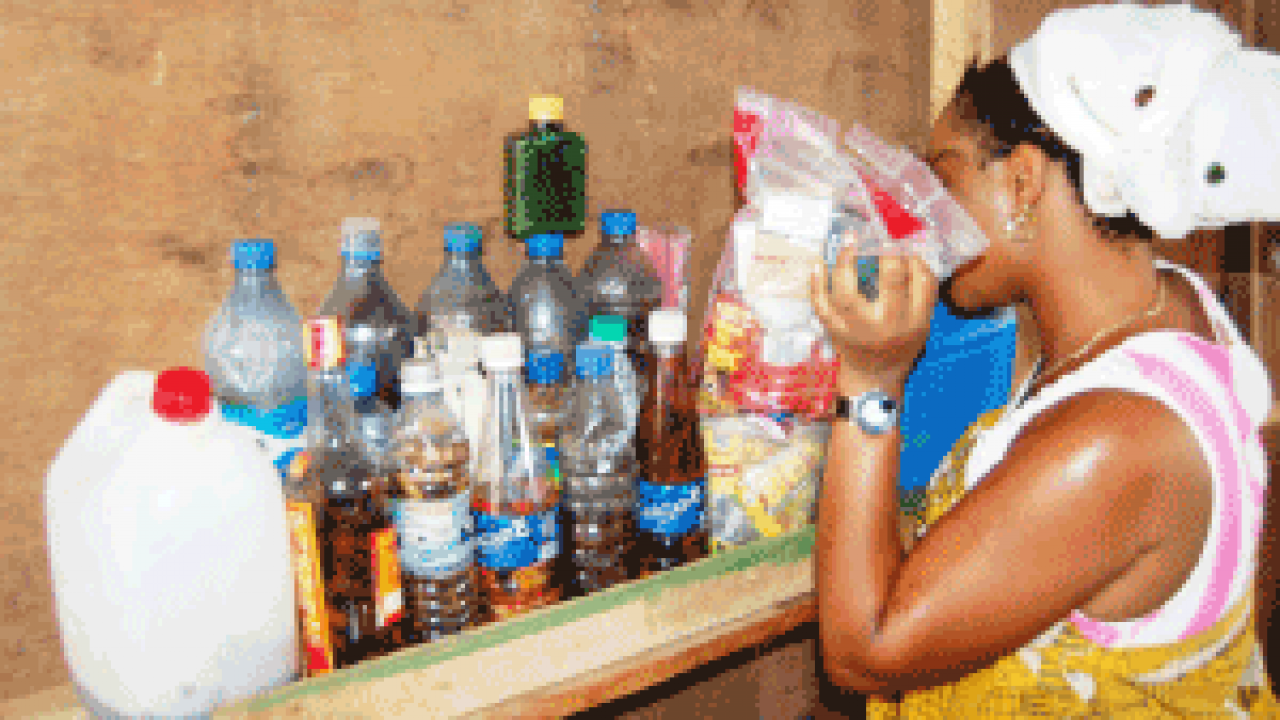Health
Experts Express Concern About Efficacy Of Agbo

Medical experts have expressed mixed reactions over the efficacy of local herbs combination popularly known as “Agbo” in the Yoruba language as alternative to orthodox medicine for the treatment of different ailments. The herbs and roots combination can be seen in many towns and cities being hawked by women and mostly bought and consumed by men to solve one medical condition or the other.
The sellers of the herbs and roots claim it can cure pile, arthritis, malaria, fever, among others.
However, some experts told the News Agency of Nigeria (NAN) in Abuja that they are worried about the negative impact of the agbo drink on peoples’ health.
Dr Chine Chisom, a Neurologist at the National Hospital Abuja (NHA), said most of the herbal preparations were not refined, hence, they should not be relied upon.
She added that “another thing is that there is no dosage as to the quantity one can use and because of this, it causes a lot of havoc to the body.
“It can be toxic and affect the liver and the kidney; it is not advisable for people to be taking it.
“What people don’t understand is that although it is from plants that some orthodox medicines are produced, the issue with herbal drug is that most of them are not refined.
“Herbal medicines don’t have dosage, how can you take the same drug for the treatment of two or three different ailments? It doesn’t make sense.’’
The medical expert further speaking on Agbo,he added that “many people had come to the hospital with kidney problem which became chronic as a result of herbal concoction.”
Precious Adetunji, a Nutritionist, also aligned herself with the assertion that taking herbal medicine like Agbo could cause kidney problems.
She added that “care must be taken when taking such kind of medicine to avoid early death.’’
Mr Femi Oguntebi, a Pharmacist at the National Hospital Abuja, also cautioned against the use of herbal concoction to treat an ailment, noting, however, that most orthodox medicines were derived from plant extract.
He said “the issue with herbal concoction is that there is no standard dosage, no clinical trials and the problem of one herb treating three to four diseases is dangerous.’’
He explained that “such concoctions never underwent trials or test to be certified safe, but people just continue to consume it.
“Another thing is that the active ingredient in the herb has not been extracted, which means one is taking both the good and the harmful parts of the herb or root.”
However, Mrs Taiwo Alabi, a local herb seller (Agbo), said the local herb preparation was the major medicine used in the olden days to treat diseases.
According to her, herbs and roots have the capacity to treat many diseases.
In her submission, she said “local herbs and roots are more effective than orthodox medicines.”
Mr Abiodun Dahunsi, a Trado-Medical Doctor, also said that herbal combinations
were effective enough to take care of sicknesses if taken as prescribed by practitioners.
Mrs Toyin Yusuf, a local herb seller, also said “since most orthodox drugs are derived from roots and herbs, it shows that they can heal all kinds of sicknesses.
“Whether the local herb is refined or not, whether dosage is given or not, God has a way of doing things. As the root falls on the place where it is needed in the body, the combination performs its different functions,” she stressed.
Meanwhile, the National Agency for Food and Drug Administration and Control (NAFDAC) had on Dec. 29, 2021 warned Nigerians against patronising hawkers oofsuch herbal concoctions for lack of storage standards.
The Director-General of the agency, Prof. Mojisola Adeyeye, told journalists in Lagos that drugs being hawked on the streets or in buses should be avoided because of uncertainty of the source.
She said “for the liquid herbal concoctions, especially after four or five days, it starts growing bacteria even if the combination has medicinal properties.”
Adeyeye, another expert, however, noted that some of the herbal medicines like Agbo work, insisted that consumers must ensure that they had passed NAFDAC’s safety and efficacy tests before they use it.
“Many of our herbal medicines work but we have to do a lot of research to show how they work and at what level are we supposed to be taking them so that it will not get to the toxicity level”, she cautioned.
The NAFDAC boss said the agency would continue to use the multifaceted approach it adopted, including strengthening the pharmaceutical industries, to ensure that citizens were protected from fake, substandard or contaminated foods and drugs. (NAN)
Send Us A Press Statement Advertise With Us Contact Us
And For More Nigerian News Visit GWG.NG


